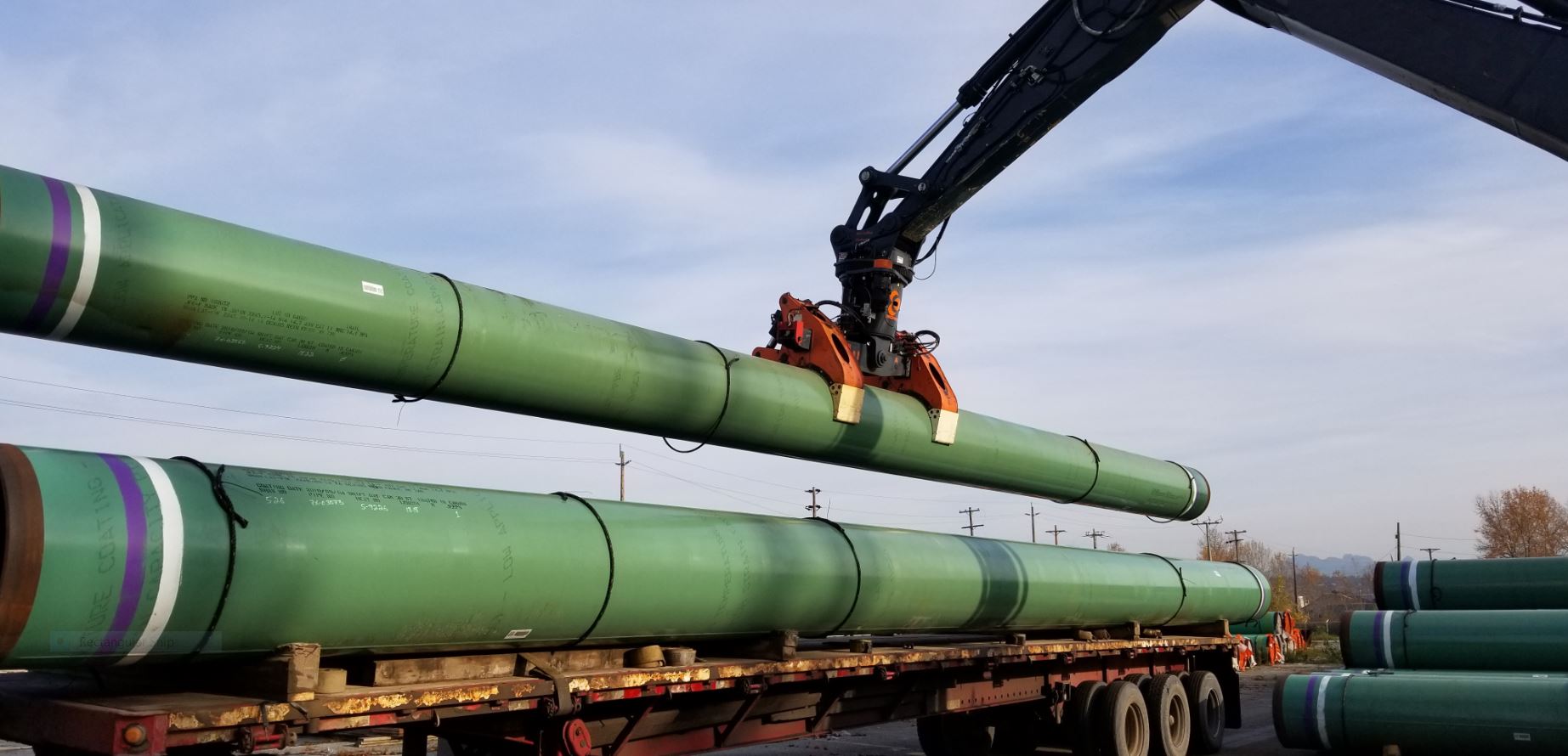It’s difficult to put a smiley face on the energy situation

I normally attempt to throw in a dash of levity when offering what at times can seem cynical viewpoints on the energy picture in this country.
But I’m finding it difficult, if not impossible, to put a smiley face bumper sticker on the situation we currently find ourselves in.
The dispute between indigenous communities and the federal and/or provincial stakeholders has been well documented, and in keeping with typical Canadian protocol, it’s all now in the hands of “committees” on both sides of the table.
While the parties are in federally “enhanced dialogue” mode, our commodity-driven economy is in danger of slowing, even grinding to a screeching halt.
I am amazed and relieved to see that the rail blockades have not yet severed crude shipments. Counter to that I am confused and concerned that this is not about a crude oil conduit but a fully approved natural gas pipeline.
A natural gas pipeline isn’t tarred and feathered by the e-wacks or left-leaning media in the same way as if this was a crude oil line like our publicly owned, or not-quite-yet-expanded version of the Trans Mountain Pipeline.
If negotiations drag on or are not resolved soon, then the fate of the TMX will fall into my glass half-full category, or maybe even glass quarter full. Or maybe, “has anybody even seen the glass?”
So, north of the border nothing has changed.
We still have our key commodity crude oil landlocked with our only outlet being our only customer to the south. Western Canadian Select (WCS), which we are trying to ship to that same customer, is priced at a discount off the West Texas Intermediate (WTI).
If that wasn’t bad enough for WCS producers in Alberta, they, and we, are now facing the devastating effects of the Covid-19 virus, which is cratering demand for crude on a global basis with the prices of the commodity caught in the down draft.
There isn’t a federally appointed dialogue “committee” in this country that can legislate or regulate the price of WCS as it follows global price markers, which are now moving targets. OPEC is reacting to the virus-induced drop in crude pricing by cutting back production by 2 million barrels per day in the second quarter of 2020.
Will this be enough to stem the bleed in crude pricing? I don’t think so.
Why?
Because, at this point, crude oil prices are based on speculation that demand will fall. In my opinion this speculation will solidify into fact — and real soon.
The good news for consumers is that lower crude prices will mean lower rack and therefore pump prices for diesel and gasoline respectively.
But the virus will stall global economies real soon as well.
Take the ball and run really fast because this virus isn’t going away real soon.
~ The Grouch
Have your say
This is a moderated forum. Comments will no longer be published unless they are accompanied by a first and last name and a verifiable email address. (Today's Trucking will not publish or share the email address.) Profane language and content deemed to be libelous, racist, or threatening in nature will not be published under any circumstances.